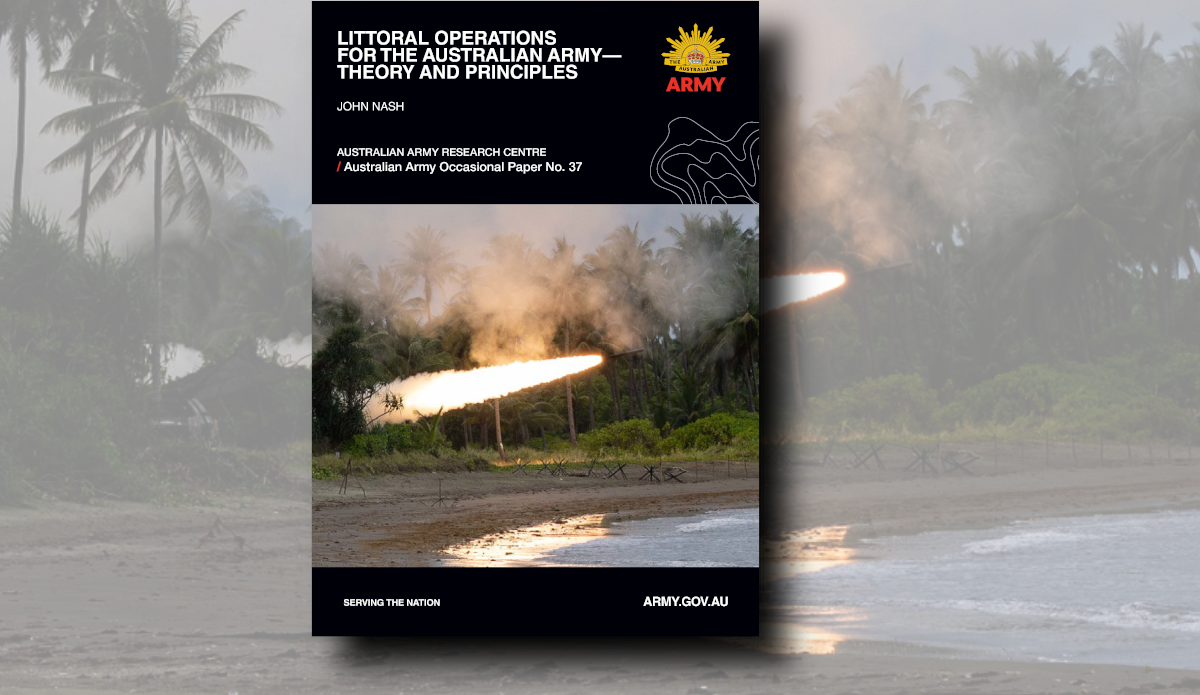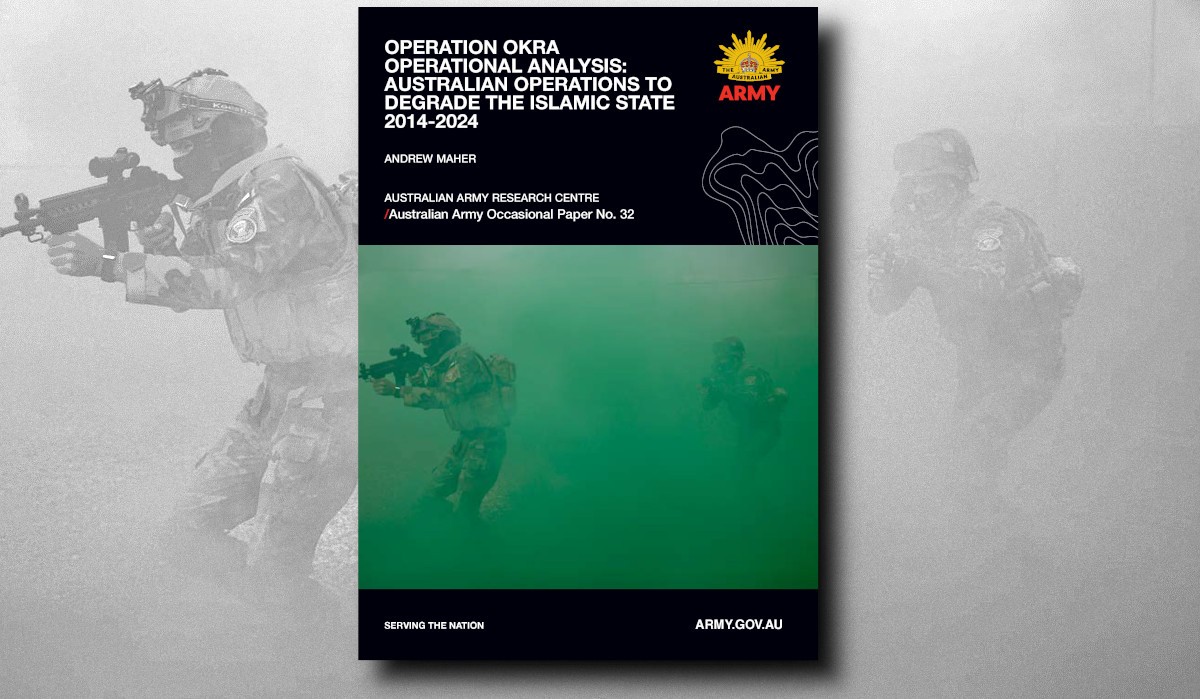The Geostrategic Relevance of the Black Sea in the Current Security Context
Strategic Impact – Jan 21
This article provides an overview of the contemporary strategic significance of the Black Sea, a confined body of water with significant geopolitical complexity surrounding it. Bogdan Țuțuianu emphasises that the Black Sea has been a constant arena for increasing competition, expanding spheres of influences, deepening and perpetuating regional tensions, and destabilising actions. He highlights the lack of homogeneity between the six littoral States surrounding this compact maritime basin, specifically that: two are members of NATO and the EU (Bulgaria and Romania), one is only a member of NATO (Turkey), two have NATO and EU accession aspirations (Georgia and Ukraine), and one is politically opposed to both NATO and the EU (Russia). This dynamic is characterised by competing strategic ambitions, interests, objectives, and goals. Țuțuianu argues that there is a variety of potential catalysts for conflict in this region. They include restoring and increasing influence, regaining and reinforcing prestige, distracting domestic audiences, and gaining control of vital economic chokepoints. Țuțuianu concludes by laying out some predictions for what the future holds for the Black Sea.
Related:
‘What is Behind Recent Confrontations Between Russia and the West in the Black Sea?’ Euro News, 07 Jul 21
‘U.S. Warship Leads Drills in Russia’s Backyard, A Message that the Black Sea is For Everybody,’ CBS News, 06 Jul 21
‘HMS Defender: What will be the Fallout from Black Sea Incident?’ BBC, 23 Jun 21
‘What is Russia Doing in the Black Sea?’ Carnegie Endowment for International Peace, 20 May 21
‘Russia to Close Parts of Black Sea Near Crimea for Six Months,’ Al Jazeera, 16 Apr 21
Advancing Cyber Diplomacy in the Asia Pacific: Japan and Australia
Australian Journal of International Affairs – May 2021
Stability in the cyber domain is rapidly deteriorating on several fronts. The increasing sophistication of cyberattacks, declining consensus on global internet governance, and intensifying great power competition are all examples of this. Mark Bryan Manantan’s article enriches the theoretical foundations of cyber diplomacy by clarifying the tools and initiatives deployed to achieve national interests in cyberspace. He challenges the extant literature’s consensus that deterrence has limited application in this realm, gesturing towards Australian and Japanese cyber strategies as evidence for his theory. Manantan argues that both countries have effectively integrated deterrence into their cyber diplomacy through mechanisms such as public attribution and capacity building. The former deters by inflicting reputational costs on a transgressor, causing them to lose face on the international stage, while the latter deters through denial and through raising potential retaliatory costs.
Related:
‘Empty Threats and Warnings on Cyber,’ Lawfare, 12 Jul 21
‘The State of the Cybersecurity Climate in the Asia-Pacific,’ Young Australians in International Affairs, 09 Jul 21
‘Deterring Cyber Disaster,’ Wilson Center, 16 Jun 21
‘Asia Pacific experiencing a 168% year on year increase in cyberattacks in May 2021,’ Check Point Research, 27 May 21
‘Australia’s International Cyber and Critical Technology Engagement Strategy,’ Australian Government, 21 Apr 21
‘Japan’s Cybersecurity Strategy,’ Institut Français des Relations Internationales, 08 Feb 21




